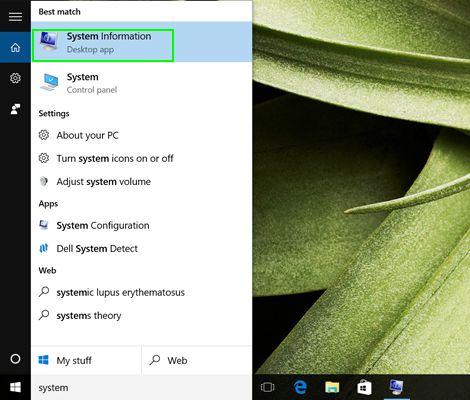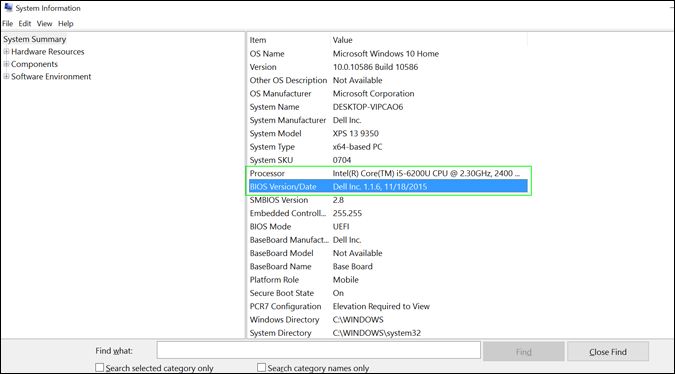This Dell XPS 13 Bug Fix Adds 2 Hours of Battery Life

If you bought a Dell XPS 13 in the past couple of months, you may not be getting all the endurance you're entitled to. However, a future BIOS update, which is due in mid-December, promises to improve the battery life by close to 25 percent on XPS 13 laptops with Intel 6th Generation Core (aka "Skylake") series processors.
We had a chance to install a beta copy of the update on a review unit, which increased its runtime from 9 hours and 37 minutes to 11 hours and 54 minutes on the Laptop Mag Battery test (continuous surfing over Wi-Fi at 100 nits). That's a huge difference.
Ever since it debuted last January, the XPS 13 has been one of the top ultrabooks on the market and our top choice for best laptop overall because of its svelte design, strong endurance and nearly bezeless screen. This past fall, Dell released an updated version of the XPS 13 with the same award-winning design but with new Intel "Skylake" 6th Generation processors instead of the 5th Generation CPUs on the original. When we ran our battery test on the Skylake XPS 13, we were unpleasantly surprised to see that its battery life was over two hours less than its predecessor's, shrinking from 11:42 to 9:37.
After we shared our findings with Dell, the company told us that the difference in battery life was due to increased power consumption from the new model's NVME PCIe SSD (the old model used an M.2 SATA SSD). While PCIe SSDs are significantly faster than typical SATA drives, they also consume a little bit more power, but apparently the real problem was not the NVME's own use of electricity but its ability to prevent the CPU from entering a higher C-state. In other words, the SSD was telling the processor to remain at a higher power state.
The BIOS update fixes this problem and, as a result, the new XPS 13 actually lasted 12 minutes longer than its predecessor on our test.
How to Tell if You Need the BIOS Update
The power-consumption bug that Dell fixed only affects Dell XPS 13 laptops with Intel 6th Generation Core series CPUs and a BIOS version under 1.17. To see what processor and BIOS version you have:
1. Type "System" into the Windows 10 search box.
Stay in the know with Laptop Mag
Get our in-depth reviews, helpful tips, great deals, and the biggest news stories delivered to your inbox.

2. Click "System Information" which should be the top result.

If the CPU model number begins with a 6 (ex: Core i5-6200U you have a Skylake processor, but if it begins with 5, you have an earlier-model XPS 13. The BIOS version also appears in this app.

How to Get the BIOS Update
If you need the BIOS update, you'll be able to download an installer from Dell's product support page for the XPS 13 (9350). The version you need carries the number 1.17 or higher. As of this writing, the updated BIOS isn't available to the public, but Dell told us to expect a release sometime in mid-December. After the update, the XPS 13 takes its rightful place among the longest-lasting laptops on the market.

